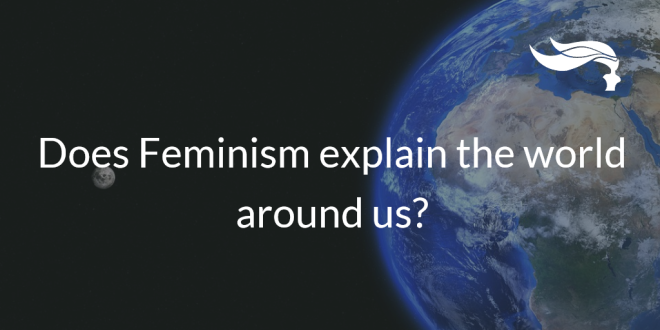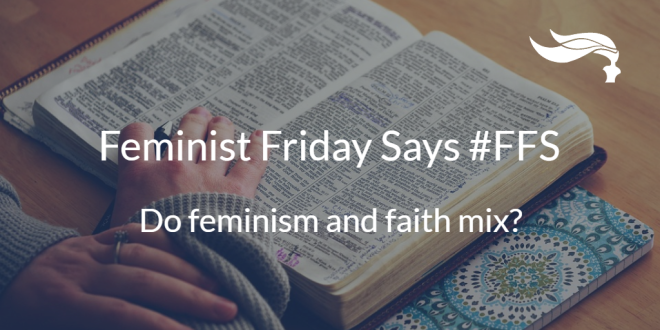
I find myself having very interesting conversations since I started writing this blog. Not too long ago, a friend said to me that they don’t think Feminism is important and that they will never describe themselves as a feminist because it does not explain the world. They said that as a theory it does not help us to understand each other nor a political framework. This got me thinking, does feminism explain the world around me and does it need to?
To give you some context, I started describing myself as a feminist before I understood the perception a lot of people have of feminism. I was a feminist because I believed it to be a theory that recognises the imbalance of power between men and women. This is still the case and having studied feminism I am more convinced of this.
But I know for a lot people their worldview or theoretical understanding needs to be around a concept that explains the world around us. For a lot of people feminism does not do this, but for me it does. But let me explain why and give you some context.
I talked about how faith and feminism can come together in last week’s post and I have a scenario that took place in church a while back that may explain to why I think feminism explains the world around us. I ended up having a conversation with a stranger about how men and women in a church should relate and how some roles are better suited to men rather than women and vice versa. FYI I’m not going to get into the should women be leaders in the church debate – that is a post for another time.
Their view was that women are naturally more caring and nurturing. They are mothers and wives and so should be responsible for hospitality and teaching the children in the church Christian values. I don’t have an issue with women who want to help with hospitality and Sunday school but I don’t want to feel that is my place or role in church. While I love children and I’d describe myself as friendly, this is not me.
So where does Feminism come into this?
Feminism has taught me that I don’t need to accept other people’s perspectives and ideas of what I should do and be based on my gender. What does that mean in practice? Well, it means I can respectful disagree with the stranger I had a conversation with and feel confident enough to challenge why I am qualified to do some things and not other based on my gender.
Seeing things with a feminist lens, I think, makes me more open-minded and I feel I can understand that their perspective of the roles men and women have in society is based on the gender norms that they have been taught. I am using some flowery, language here I know, but bear with me. What I am getting at, is that I feel freer seeing the world from a feminist perspective. I can see how power whether in church, at work, in politics or even on TV makes society a restrictive place that encourages some while criticising others.
I am aware that I am in danger of being arrogant and assuming that most of the world around me is not as woke and doesn’t fully see the feminist perspective – this is not my intention. What I am saying is that in reality, not feeling bound to restrictive gender norms is so empowering. It is also so helpful because as a ethnic minority, black, female living in the UK I am less angry at the world around me because I can see the patriarchal forces at play and I can choose to opt out.

